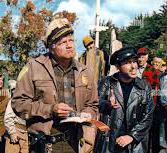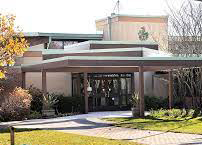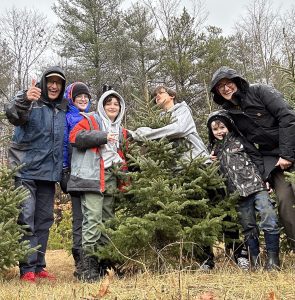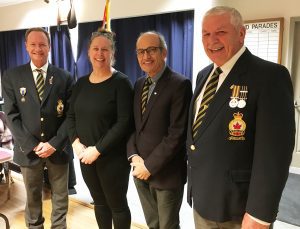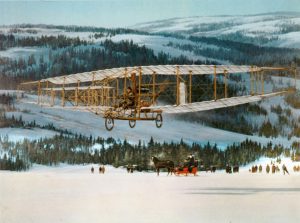
It’s one of those iconic Canadian images – when you’re a Canadian kid growing up with history books and images of Canadiana all around – that registers permanently.
It shows a biplane – really little more than a pair of kite-type wings with a man, Douglas McCurdy, sitting on the lower wing at the controls – flying over a wintry scene. It’s the Silver Dart, flying just a few feet above the frozen surface of Bras d’Or Lake near Baddeck, Nova Scotia, on Feb. 23, 1909. And as iconic as the image is, I only learned this week who captured it.
“I’m Kathryn Bradford Stevens,” said the speaker at the function I attended this week. “I’m the daughter of aviation artist Robert Bradford.” (more…)

